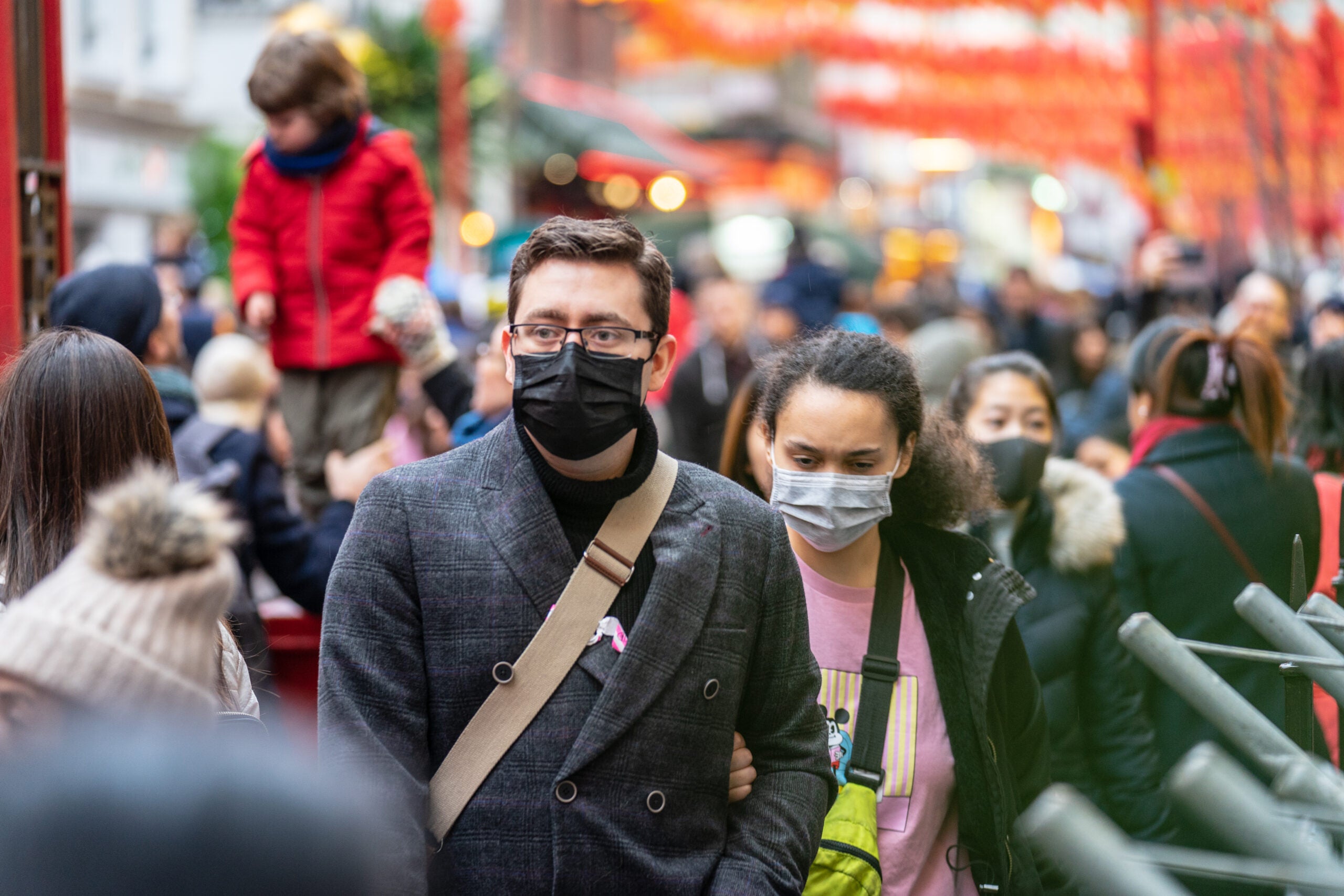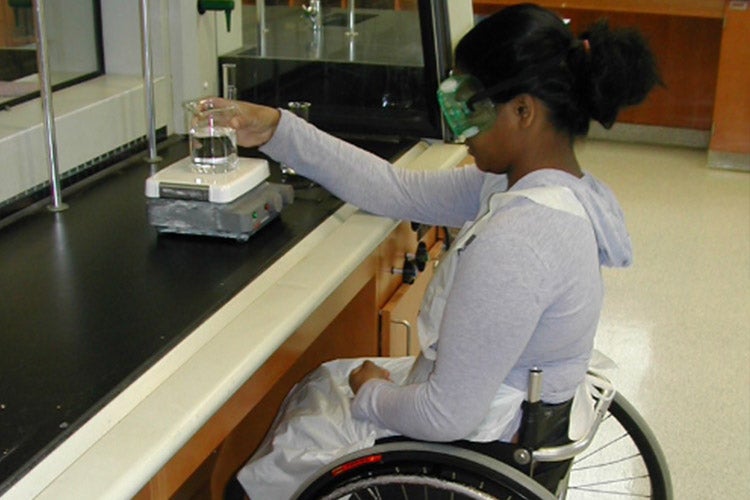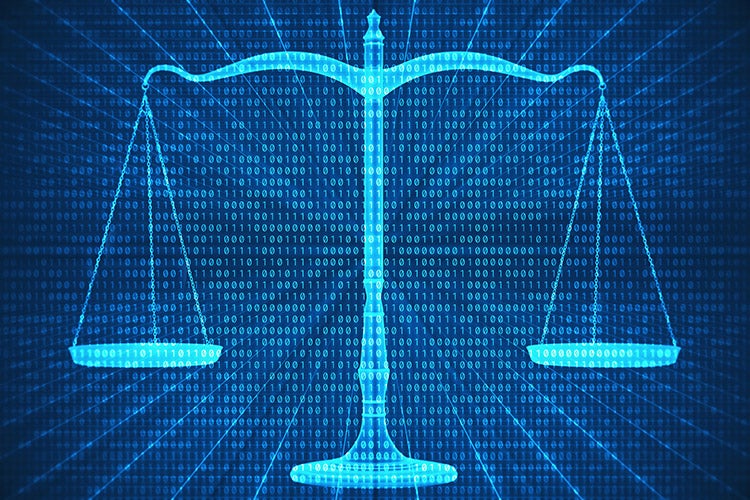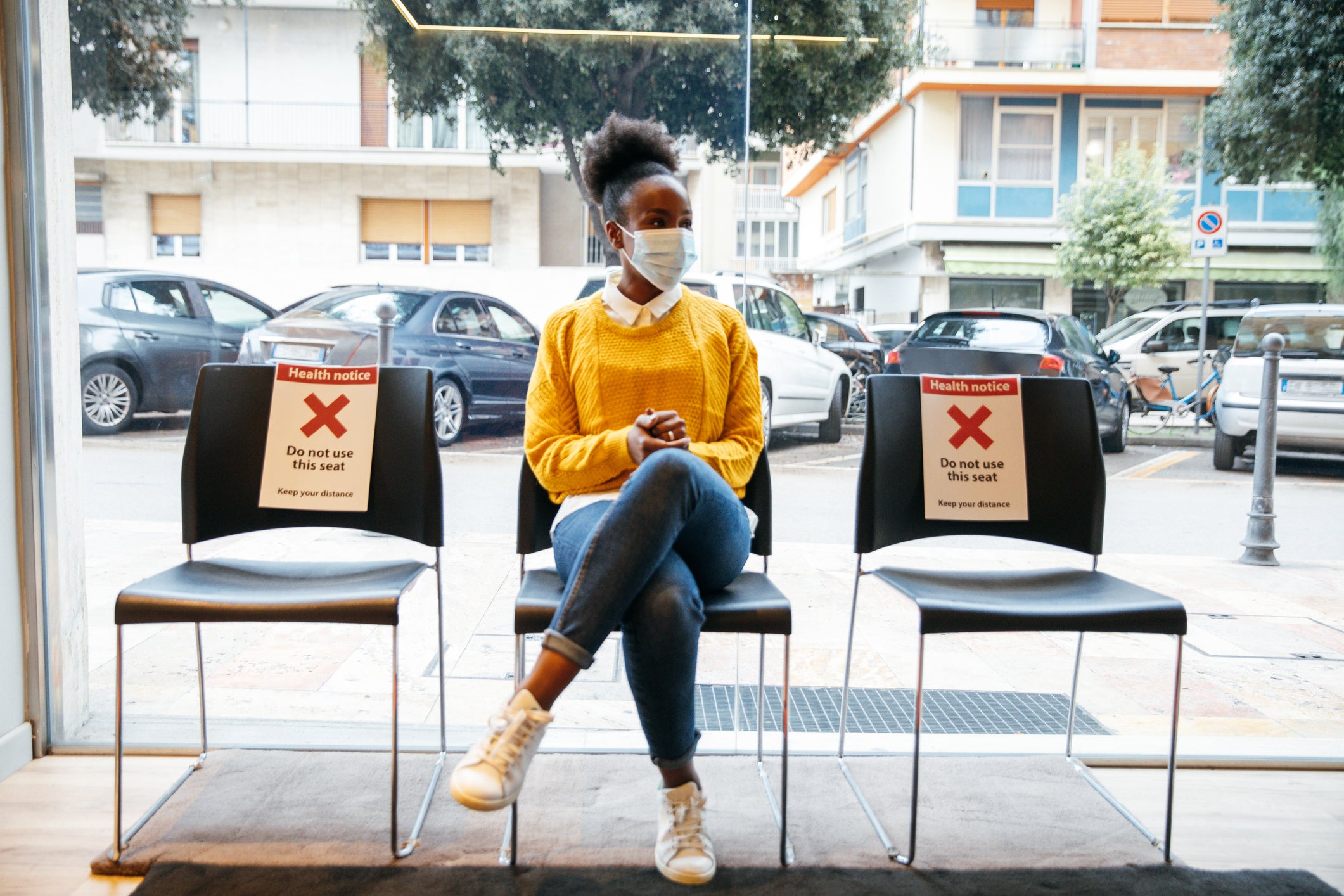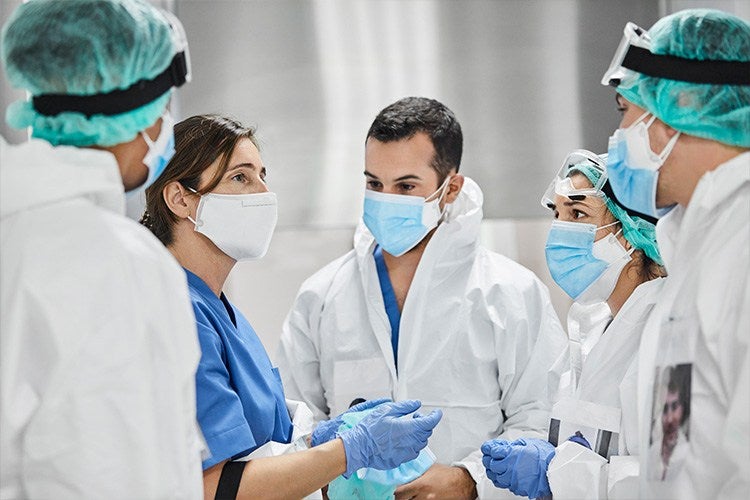Risk Analysis in the COVID-19 Pandemic: Weighing the Cost and Benefits of Vaccines and Masks
Every single day, people take risks. They drive in cars and fly in airplanes, expose themselves to environmental pollution and so much more. While some of these public health risks are so integrated into our lives that we’ve stopped worrying about them, other risks—such as engaging in activities that increase your likelihood of contracting COVID-19—can … Continue reading “Risk Analysis in the COVID-19 Pandemic: Weighing the Cost and Benefits of Vaccines and Masks”
